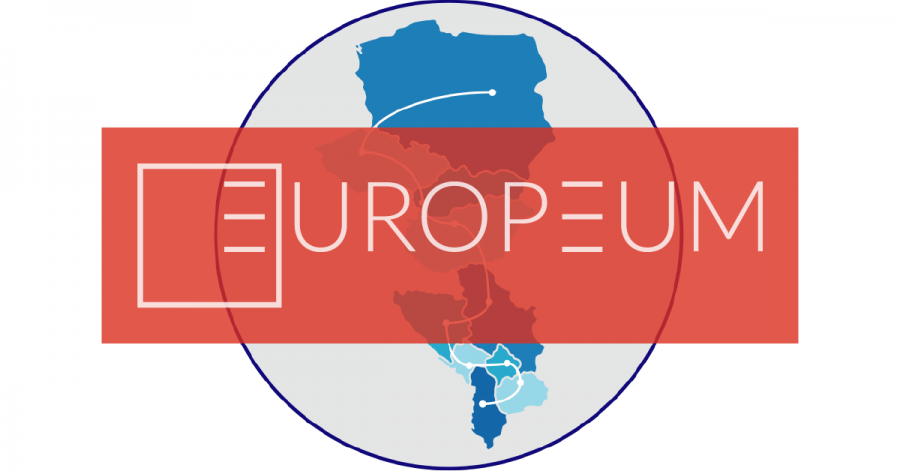POLICY PAPER: Albania – Serbia relations: Bridging over troubled waters

- The relations between Albania and Serbia have been marked over past decades by the absence of political dialogue and the presence of diplomatic friction. This weakness has been reflected in the relations between respective peoples. Despite being the two major ethnicities in the region, the mutual relations are still far from being considered mature and demand for the presence and intermediation of third parties in order to smooth down long-lasting prejudices, intolerance and distrust.
- In the aftermath of the Kosovo war, both countries resumed the bilateral relations as of January 2001 through an exchange of diplomatic notes. However, the mutual relations did not break through until November 2014, when Prime Minister Rama visited Belgrade - the first official visit of an Albanian leader in Serbia in 68 years. This symbolic and historical act created a fresh political momentum and imprinted a hopeful beginning of a new cycle of political and societal rapprochement.
The official visits in the respective capitals of Rama and Vucic were strongly backed by major international actors like Germany, EU and the United States, and were organized at the margins of the so-called Berlin Process. During the first joint press conference, both political leaders shared their vision that time had come to move forward the mutual relations through a “unified approach for a better future for our peoples” . In technical terms, these countries do not have any open bilateral issues. However, the Achilles’ heel and most contentious issue for both remains the question of Kosovo’s statehood, which cannot be excluded from the agenda when referring to the improvement of relations between the two countries. The fluctuation of relations between Prishtina and Belgrade certainly has an external effect on the relations between Serbia and Albania. Therefore, the resolution of Kosovo’s status would contribute to furthering of bilateral relations and overall stability of the region.
Moreover, over the past decades other obstacles have plagued the bilateral rapprochement between Albania and Serbia. In particular, there has been a lack of a true governmental commitment on both sides to embark into a trust-building and normalisation/reconciliation process. Additionally, the time factor has affected the countries’ political dynamics, resulting in a missed opportunity to broaden mutual understanding, in line with the general international political developments. The main challenges that have fuelled the negative perceptions between Albanians and Serbians lie on the widespread historical enmity, nationalist rhetoric, different interpretation and instrumentalisation of the past by political elites, mutual prejudices raised by a lack of knowledge and people-to- people interactions, miscommunication, etc. In particular, the education has been affected and misused for the perpetuation of stereotypes among several generations.
You can download full Policy Paper through the PDF button.